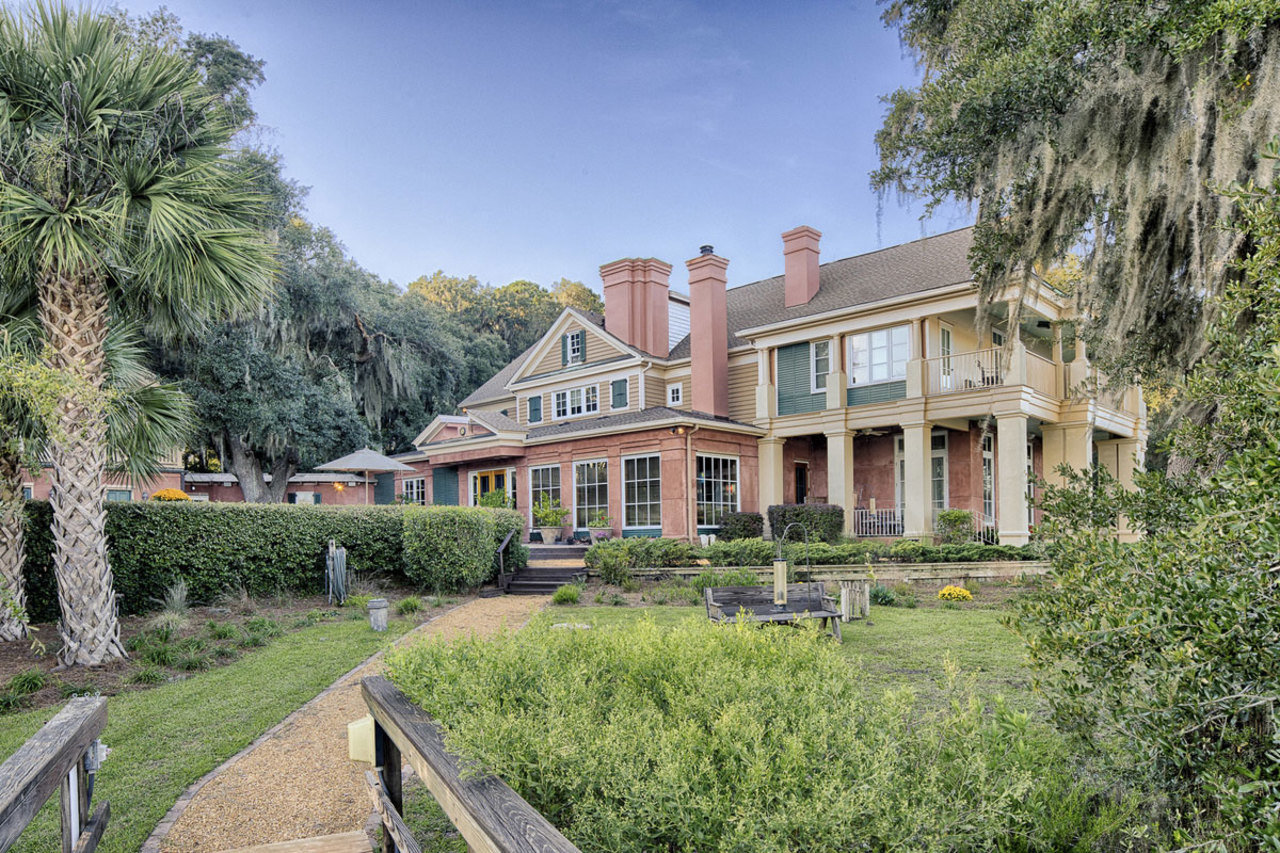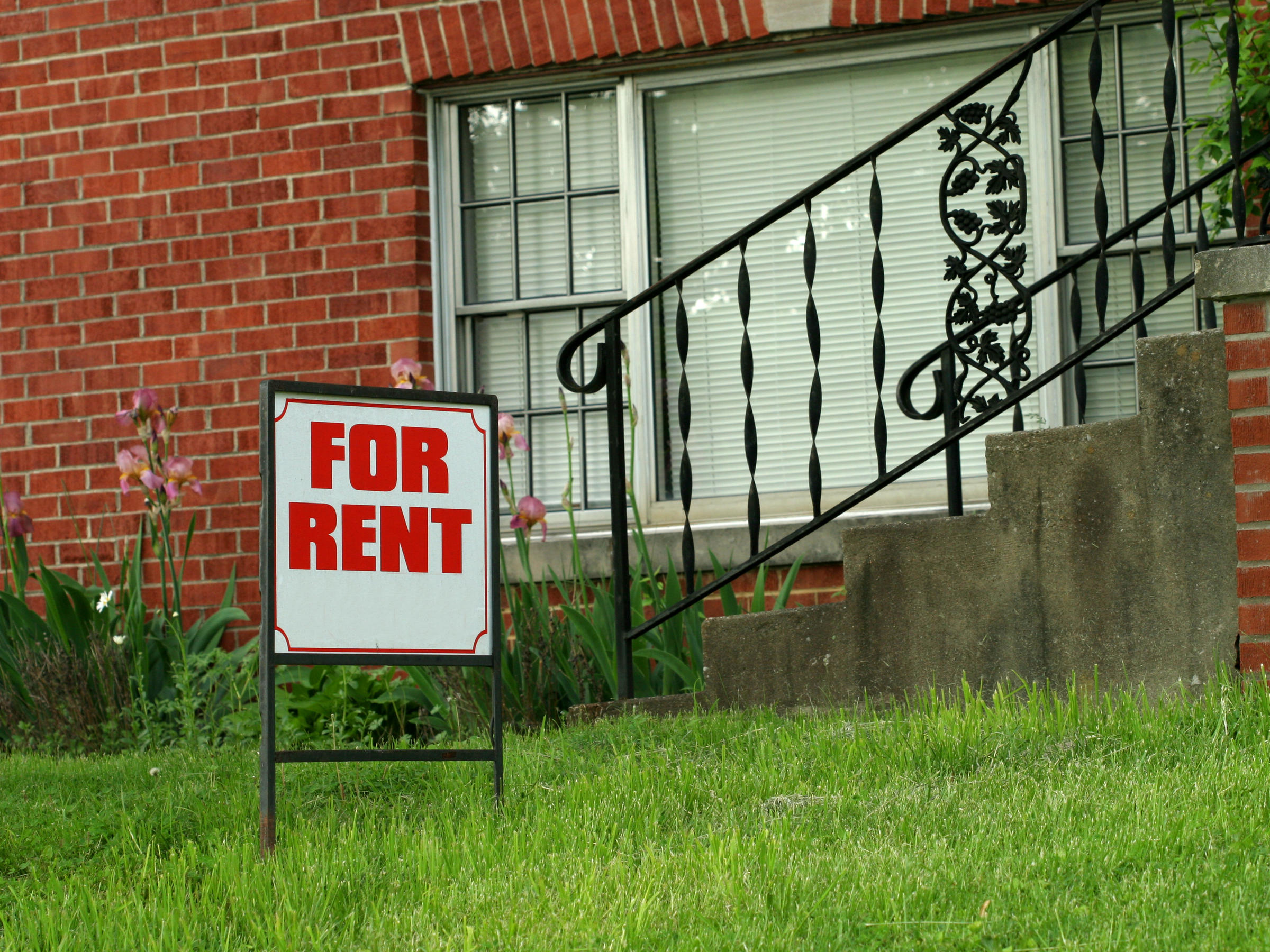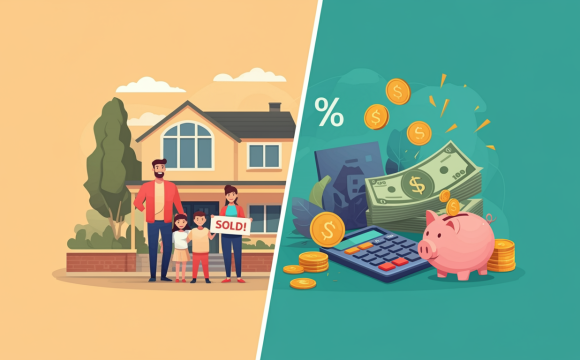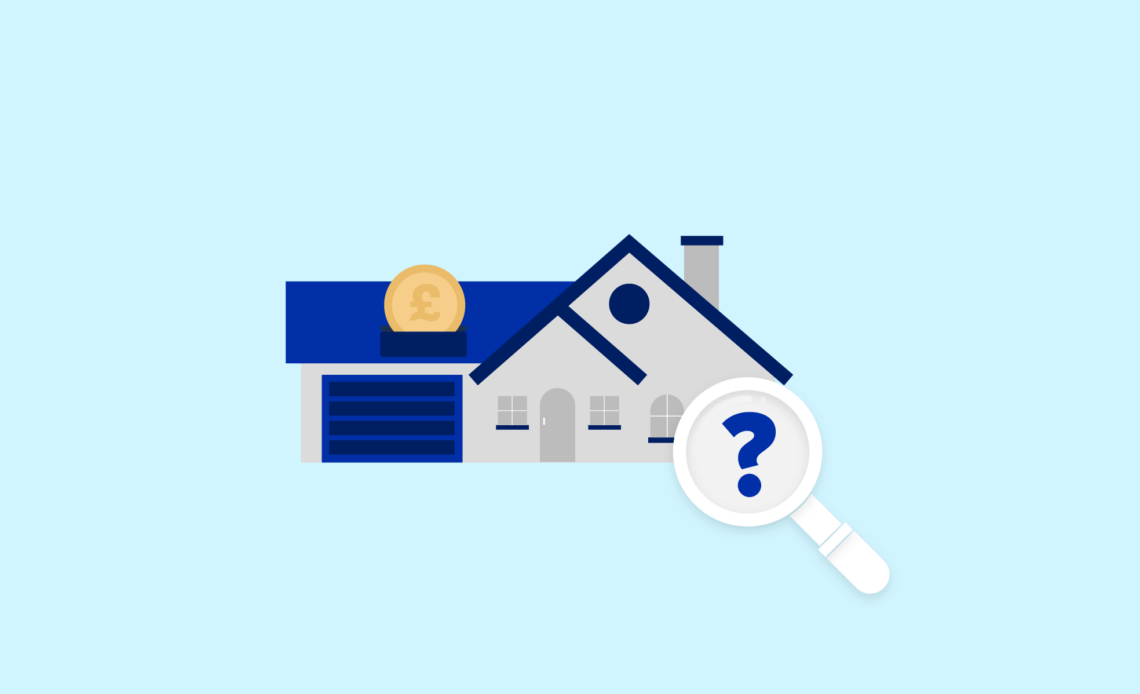Introduction: The Housing Dilemma
In a world where the phrase “house poor” is thrown around like confetti, the struggle for affordable housing is all too real. Picture this: you’re scrolling through listings of immaculate homes with sparkling kitchens and spacious backyards, only to realize that your budget might just barely get you a glorified shoebox. With rising housing costs and stagnant wages, the quest for affordable housing feels like searching for a unicorn. Enter the realm of affordable housing development loans—your knight in shining armor in this daunting housing quest.
But fear not! This article will not only guide you through the ins and outs of securing financing for affordable housing projects but also sprinkle in a bit of humor, because if you can’t laugh at the absurdities of the housing market, what can you do?
Understanding Affordable Housing
What qualifies as affordable housing? Generally, it refers to housing that costs no more than 30% of a household’s income. However, a roof over your head shouldn’t come at the cost of your dinner next week. Understanding the need for affordable housing is fundamental, as countless families and individuals find themselves priced out of both the rental and purchase markets.
Let’s clear up some misconceptions: affordable housing is not synonymous with poor quality. In fact, many developments prioritize sustainability and community amenities. Unfortunately, the stigma that affordable housing is subpar persists. It’s about time we debunk that myth!
The Role of Development Loans in Affordable Housing
So, what are development loans, you ask? Simply put, they are loans specifically designed to help developers finance projects, including multifamily residences, public facilities, and commercial buildings. Unlike traditional financing, development loans are tailored to meet the unique needs of community builders, allowing them to create much-needed affordable housing units.
Why are these loans essential, you wonder? They provide the necessary funding for developers to cover the costs of construction, renovation, or purchasing properties. Without this help, many affordable housing projects would remain merely a dream, leaving more people without homes.
Types of Affordable Housing Development Loans
When it comes to funding your affordable housing project, not all loans are created equal. Let’s break down the variety available:
- Government-backed loans: These are often your best friend, offering lower interest rates and more favorable terms. Programs through agencies like Fannie Mae and Freddie Mac are designed to promote affordable housing.
- Private loans: While these can come with a higher cost, sometimes the speed and flexibility they offer can outweigh the drawbacks. Think of them as the risk-takers of the lending world.
- Grants and subsidies: Free money? Yes, please! Various government entities and nonprofits offer grants which do not require repayment. They are as close to winning the housing lottery as you can get.
- Community development financial institutions (CDFIs): These local financial heroes aim to assist low-income communities. They focus on providing loans that traditional banks might shy away from.
The Basics of Qualifying for Development Loans
Navigating the world of loans can feel like trying to find your way out of a hedge maze, but fear not! Understanding the basic qualifications can demystify the process.
- Credit scores: Think of your credit score as your financial report card. While it doesn’t define you, a higher score will help you secure better lending options. Treat it kindly!
- Income caps and other eligibility criteria: Most funding is only available to projects that serve low- to moderate-income households. This is a crucial factor in determining your project’s eligibility.
- Understanding debt-to-income ratio: This figure measures your monthly debts against your income. A lower ratio indicates a healthier financial status, increasing your chance of getting funded.
Crafting Your Loan Proposal
Now that you’re familiar with the types of loans and their qualifications, it’s time to work on your proposal. Think of it as your chance to shine and to persuade lenders that your project is not only viable but incredibly necessary.
- The art of persuasion: Writing a compelling proposal requires storytelling. Capture the lender’s attention by outlining the community impact and the project’s benefits. Include personal anecdotes or compelling data—numbers that dance off the page.
- Key components: Your proposal should include your project overview, a detailed budget, timeline, and potential environmental impact. Answer the “who, what, where, when, and why” to keep your proposal clear and persuasive.
- Presenting your budget: Some say numbers can put you to sleep, but a well-articulated budget has the power to wake even the sleepiest of lenders. Break down costs clearly to show you’ve thought through every angle.
Navigating the Application Process
Congratulations on crafting a dazzling proposal! Now, for the task of navigating the labyrinthine application process.
- Step-by-step guide: Prepare all necessary documents including financial statements, proof of property ownership, and your proposal. Checklists can be your best friend here.
- Common pitfalls: Avoid the temptation to rush through your application. Mistakes can delay your loan approval and send your stress levels skyrocketing.
- Tips for speeding up the approval process: Keep communication clear with your lender and be prompt with any additional information they may request. Quick responses can often reduce timeline snags.
Working with Lenders
Finding the right lender isn’t like winning the lottery; it’s more akin to dating. Lots of options, but you’ve got to find the right match!
- Finding the right lender: Research is key! Look for lenders who have experience with affordable housing projects and positive reviews from previous clients.
- Questions to ask: Before you commit, quiz potential lenders about their rates, fees, and terms. It’s crucial to know what you’re signing up for!
- Building a relationship: Once you find your perfect lender, cultivate that relationship! They can become a crucial ally in navigating future projects.
Understanding Loan Terms and Conditions
Now you’ve got your loan; both you and your lender deserve a mutual understanding of the agreement in place.
- Interest rates: The cost of borrowing money can vary widely. Fixed rates offer stability, while variable rates might tempt you with lower initial payments but could lead to surprises down the road.
- Loan duration: Consider whether you want a short-term or long-term loan. What fits your project timeline and financial capabilities best?
- Understanding fees: Look beyond the interest rate to review additional fees that may be tacked on. They can sneak up like a cat burglar!
The Impact of Affordable Housing Projects
These projects aren’t just buildings; they serve a vital role in our communities.
- Case studies: Review real-life projects that succeeded through effective funding and management. These drive home the message that affordable housing works.
- Community benefits: Beyond providing shelter, these developments foster stability, improve community engagement, and increase local employment opportunities.
- The ripple effect: The arrival of affordable housing can lead to more businesses opening up, creating a vibrant community atmosphere.
Creative Financing Solutions
When traditional funding feels more like an uphill battle, creative solutions may be the answer.
- Crowdfunding: Harness the power of the community and the internet to fund your project. Platforms like GoFundMe and Kickstarter can be efficient ways to raise money while spreading the word about your vision.
- Social impact bonds: These innovative financial instruments attract private investment for social projects, allowing for funding where it’s needed most.
- Partnerships with nonprofits: Teaming up with local nonprofits can ease some financial burdens. Many have grant programs and established relationships with lenders to support housing initiatives.
Addressing Common Misconceptions
Much of the resistance to affordable housing stems from misunderstanding.
- Quality of affordable housing: It’s time to set the record straight: many affordable housing developments incorporate sustainable practices and wonderful amenities!
- The tenant demographic: Affordable housing serves a broad array of tenants, including working families, seniors, and individuals transitioning from homelessness.
- Affordable doesn’t mean cheap: It’s about creating livable, quality environments where communities can thrive.
The Future of Affordable Housing Development Loans
With the landscape constantly evolving, let’s take a peek into the future of housing finance.
- Emerging trends: Innovative financing solutions are sprouting up all over as community needs change. Keep an eye on these shifts!
- Technology’s role: Streamlining funding processes through technology can lead to more efficient transactions and better communication with borrowers.
- Government initiatives: Stay tuned for government support focused on reducing housing insecurity and promoting sustainable practices in affordable housing development.
Conclusion: Taking the Next Steps
As we recap, this journey through affordable housing development loans is not just about obtaining funding; it’s about changing lives. By exploring your options, crafting a strong proposal, and understanding the lending landscape, you hold the key to making a difference in your community.
Don’t treat this as just another article—consider this your interactive playbook! Roll up your sleeves, research, and, most importantly, take action. The opportunity is out there; grab it.
FAQs: Your Burning Questions Answered
- What is the average time frame for loan approval?
Typically, it can take anywhere from 30 days to several months, depending on the lender and project complexity. - Can I use an affordable housing development loan for a remodel?
Yes! Many development loans can also cover renovations and improvements on existing properties. - What happens if my project encounters cost overruns?
Most lenders recognize that projects can encounter unexpected costs, but you’ll need to provide a plan on how to manage these situations.







